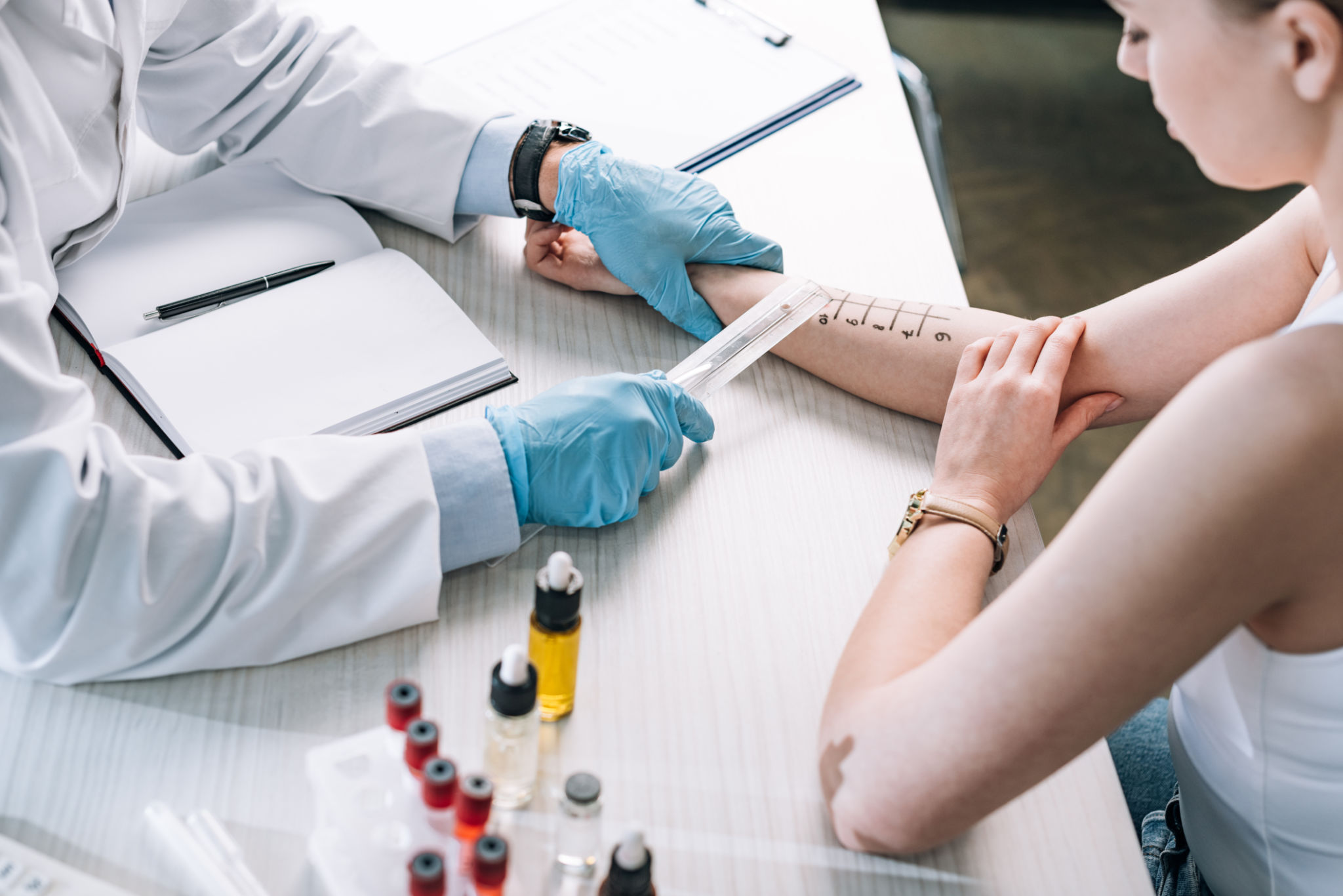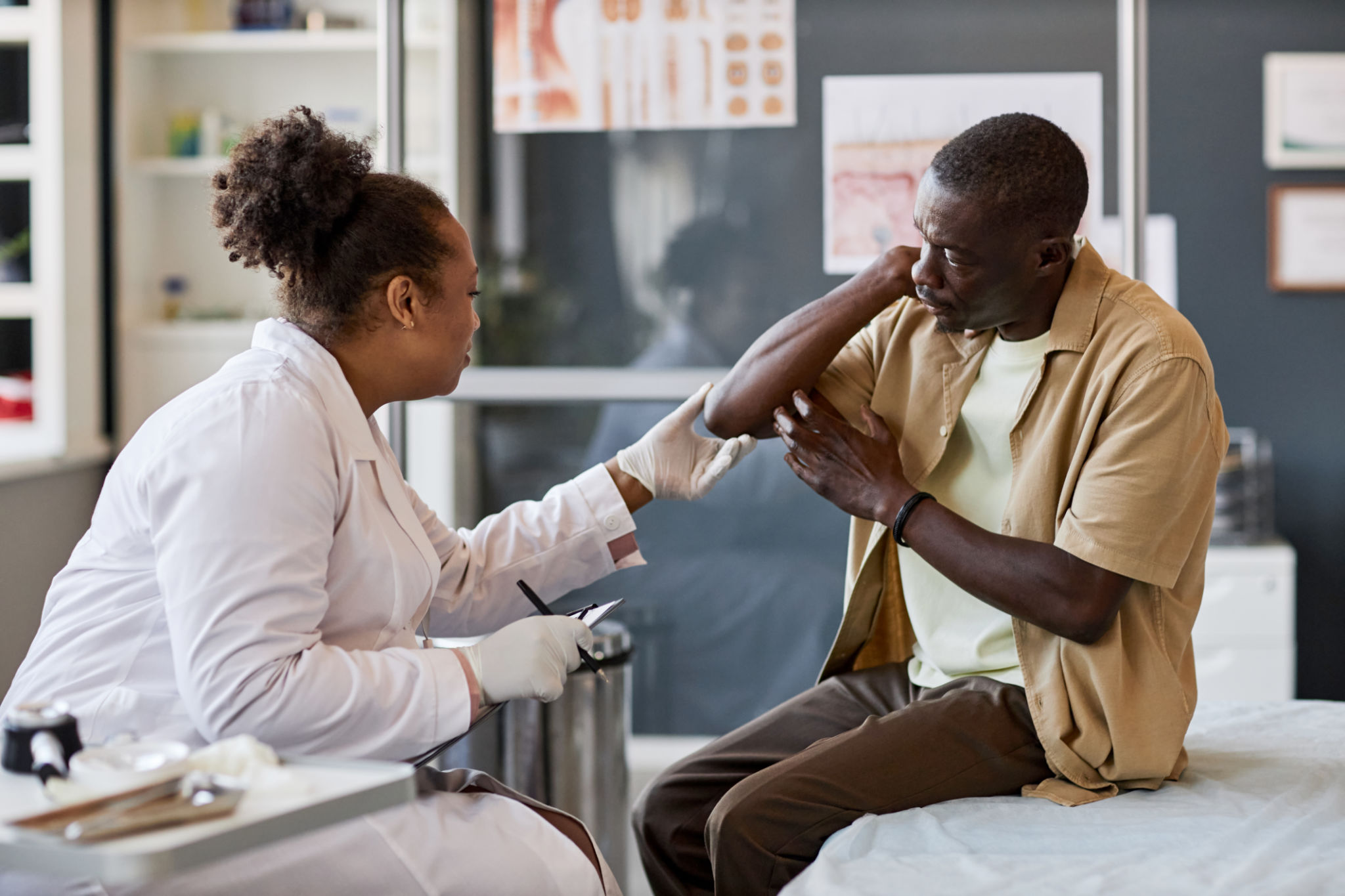Comprehensive Allergy Care in Denton: What to Expect from Your Visit
Understanding Your Allergy Symptoms
When you first experience allergy symptoms, it can be challenging to identify the cause. Whether it's sneezing, itching, or congestion, these symptoms can significantly impact your quality of life. Comprehensive allergy care in Denton offers a thorough approach to diagnosing and managing allergies, helping you regain control and improve your overall well-being.

The Initial Consultation
Your journey towards better allergy management begins with an initial consultation. During this visit, you will meet with an allergy specialist who will discuss your symptoms and medical history in detail. It's crucial to be open about any previous treatments, medications, and lifestyle factors that might influence your condition.
The goal of this consultation is to gather all necessary information to develop a personalized treatment plan. This might involve discussing your diet, exposure to potential allergens, and any noticeable patterns in your symptoms.
Comprehensive Allergy Testing
Once your initial consultation is complete, comprehensive allergy testing is often the next step. These tests can include skin prick tests, blood tests, or patch tests, depending on your symptoms and medical history. Skin prick tests are the most common and involve placing small amounts of allergens on your skin to observe any reactions.

Blood tests can also be used to measure the levels of specific antibodies in your blood that indicate an allergic response. These tests are beneficial for those who cannot undergo skin testing or have certain medical conditions.
Developing a Personalized Treatment Plan
After identifying your specific allergens, your allergy specialist will develop a personalized treatment plan. This plan may include a combination of medication, lifestyle changes, and immunotherapy to help manage your symptoms effectively.
- Medications: These may include antihistamines, decongestants, or nasal corticosteroids to alleviate symptoms.
- Lifestyle Changes: Avoiding known allergens and making adjustments to your home or work environment can significantly reduce exposure.
- Immunotherapy: This treatment involves gradually introducing small amounts of allergens to build up your immune system's tolerance.

Follow-up Visits and Ongoing Management
Allergy care doesn't stop after the initial treatment plan is established. Follow-up visits are essential to monitor your progress and adjust your treatment as needed. These visits provide an opportunity to discuss any new symptoms or challenges you may face.
Your allergy specialist will work closely with you to ensure that your treatment continues to be effective. Ongoing management might involve updating your medication, exploring new therapies, or adjusting lifestyle recommendations as necessary.
The Importance of Patient Education
A crucial aspect of comprehensive allergy care is patient education. Understanding your condition and knowing how to manage it empowers you to take control of your health. Your allergy specialist will provide detailed information about your allergens, symptoms, and treatment options.
By staying informed, you can make better decisions about your health and participate actively in your treatment plan. This proactive approach can lead to a significant improvement in your quality of life.
Conclusion: Taking the First Step
If you're struggling with allergies in Denton, seeking comprehensive allergy care is the first step toward relief. With a personalized approach that includes consultation, testing, and ongoing management, you can find effective solutions tailored to your needs.
Don't let allergies hold you back. Reach out to a local allergy specialist today and take control of your health journey.